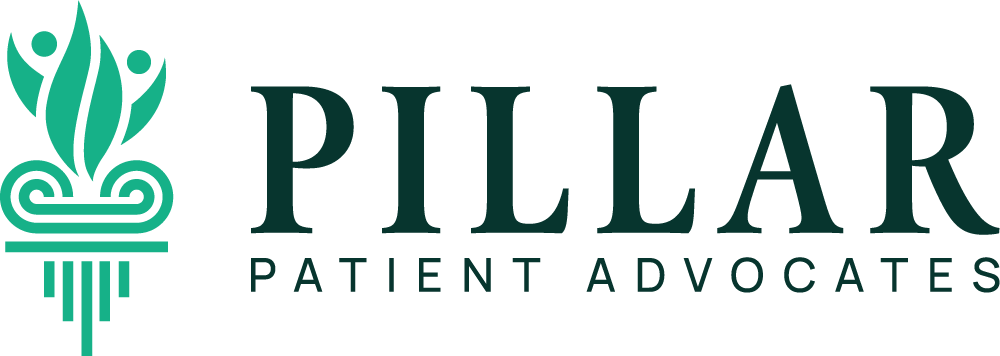Every team member at Pillar Patient Advocates has completed the QPR Gatekeeper Training. The mission of the QPR Institute is to save lives and reduce suicidal behaviors by educating people on proven suicide prevention strategies. The foundation of this training is built around three steps—Question, Persuade, and Refer. These three steps are designed to interrupt the path toward suicide and to guide individuals in distress toward a place of hope and help.
For our Board Certified Patient Advocates (BCPA), this means using their QPR training as a valuable part of every consultation. When advocates meet with patients, they take an in-depth look at the person’s medical journey, current challenges, and future concerns. These conversations go far beyond paperwork—they often uncover fears, frustrations, and unresolved feelings about illness, care, or loss. Advocates are trained to recognize when a patient may be in emotional distress, and their QPR training gives them the tools to respond with compassion, awareness, and appropriate guidance.
For our Patient Liaisons, this training is equally important. If you have joined a market research interview through Pillar Patient Advocates, you have had a conversation with one of our Patient Liaisons. Their role is to speak with patients and caregivers to see if they are suitable candidates to participate in research discussions about the impact of health conditions and the challenges of navigating treatment options. Our Patient Liaisons connect with patients and caregivers every day. Speaking about your personal health can be difficult. Recounting medical history and describing experiences with medications often stirs up emotions tied to some of the most painful or uncertain chapters of a person’s life.
During screening calls for research interviews, liaisons must ask about symptoms, treatments, and medication side effects. Sometimes, these questions bring up deeply emotional responses. Patients may compare their current selves to who they were before their illness, and that contrast can be painful. Treatments that are supposed to help may also come with side effects that are difficult to live with—or even talk about. Our liaisons are trained to listen, respond with empathy, and recognize when a person may be struggling in silence. Their QPR training prepares them to handle these moments with care and confidence.
What Is QPR and Why It Matters
The QPR method was developed by Dr. Paul Quinnett, a clinical psychologist and mental health advocate. Similar to how CPR helps individuals assist someone experiencing a cardiac emergency, QPR is a set of emergency mental health skills that equips people to recognize the warning signs of suicidal ideation, to ask the right questions, and to connect individuals with life-saving support. QPR training teaches participants how to recognize verbal, behavioral, and situational clues that someone may be thinking about suicide. It also guides individuals on how to approach a potentially suicidal person with honesty and compassion, how to persuade them to consider other options, and how to refer them to mental health professionals or appropriate services.
This training is not limited to mental health professionals. It is designed for anyone who interacts with people in their daily work. At Pillar Patient Advocates, we consider this training to be essential. We speak to people who are facing serious diagnoses, chronic pain, or life-altering conditions. We believe that being equipped with suicide prevention tools is not optional. It is our responsibility.
Understanding the Mental Toll of a Health Diagnosis
According to a 2023 study led by researchers at the American Cancer Society, individuals diagnosed with cancer in the United States face a suicide risk that is 26 percent higher than that of the general population. Chronic pain researcher Dr. Melanie Racine found that individuals who live with chronic pain are at least twice as likely to report suicidal behaviors or complete suicide. These statistics are more than numbers. They are a reflection of the quiet suffering that many individuals endure after receiving devastating health news. This is exactly why we at Pillar Patient Advocates believe in fully supporting our patients in any areas necessary. With personal counseling from experienced board-certified patient advocates we have a unique approach to our advocacy services where we can consider the overall wellbeing of our patients including their mental health. These qualifications along with our personal approach and dedication to advocacy help set us apart from other similar services.
A serious or chronic diagnosis does not only affect the body. It impacts every part of a person’s daily life. A diagnosis can bring physical changes, financial burdens, social withdrawal, disrupted family dynamics, and the loss of identity. The emotional weight of these changes can be overwhelming. Some people must face the reality that their life will never look the way they imagined it. Others are coping with an uncertain future, intense treatments, or ongoing limitations. Even when a condition does not immediately threaten life, it can permanently alter the way someone moves through the world.
This emotional toll can lead to depression, anxiety, grief, and hopelessness. Moments of crisis can surface when someone hears that their condition is progressing, when a medication is not working, or when the healthcare system feels impersonal or dismissive. These are the moments when a caring voice on the other end of the phone, one who has been trained to recognize distress, can make all the difference.
How Pillar Patient Advocates Respond with Compassion
Because patient advocacy and support are at the core of our work, we understand that health conditions affect more than just the body. That is why we navigate every conversation with care, with sensitivity, and with sincere respect for the emotional realities that accompany health struggles.
When a patient or caregiver speaks to one of our liaisons, they are not just answering questions. They are sharing a deeply personal story. We do not take that lightly. That is why our team has been trained to listen without judgment and to ask with kindness. Every screening question, every follow-up, is asked with a greater goal in mind—to connect healthcare manufacturers with the truth of what it feels like to live with a health condition.
Sharing your experience in a market research interview can be hard, but it can also be meaningful. When you tell your story, you are helping companies understand what patients and caregivers actually need. Your words help shape messages that are thoughtful and realistic, rather than impersonal or clinical. Your voice adds context to medical data that might otherwise seem cold or even alarming. You remind decision-makers that there are real people behind the numbers.
A Culture of Compassion
At Pillar Patient Advocates, our entire team shares a commitment to empathy, support, and patient-centered care. Every conversation matters. Every voice is valued. When you speak to us, you are not speaking to a stranger. You are speaking to someone who has been trained to listen with compassion and respond with understanding. Our patient liaisons can connect you with our board-certified patient advocates, who can provide counseling and find mental health resources and specialists who can help you address the mental toll of living with cancer or a chronic health condition.



